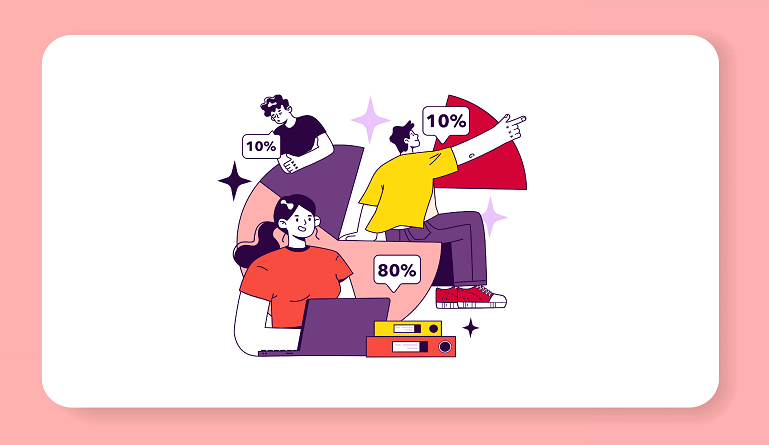Hiring always involves risk, but big data analytics helps businesses reduce that risk and help find businesses the qualified candidates they need faster. AI-driven algorithms help businesses use data to find and recruit for their open positions.
How can big data analytics help your hiring?
Here are some of the ways that big data analytics in recruitment is improving the hiring process for businesses.
Understanding of best recruitment methods and platforms
Big data analytics give businesses a better understanding of which recruitment channels are returning the highest-quality candidates. Most businesses are using a combination of several hiring channels, including LinkedIn and internet job boards like Glassdoor and Indeed, as well as newspaper placements and alumni magazine placements. Data helps businesses the best idea of which channels are performing and allows for your HR dollars and energy to be spent wisely. If a hiring method isn’t bringing in recruits, you can make the decision to stop investing there and re-channel your efforts to another method. If you want to get your best return on investment for recruitment investment, big data in recruiting is a must.
Better talent assessments
Big data and AI tools that empower employers with the most comprehensive and sophisticated employee knowledge. In addition to assessing skills and experience from resumes and CVs, big data analytics can screen for things like personality, interests, and other factors that can affect a candidate’s potential fit for the position. Big data analytics software can often go past the basic resume data and search through things like social media posts and profiles to help better gauge a candidate’s suitability. While the actual decision of who to hire will rely on human resource and hiring managers, having a better pool of candidates to draw from is an advantage for businesses. Additionally, big data analytics can help you understand who won’t be a good fit so you can focus on who will be the best performers.
Faster fill rates
Big data technology is driven by a lot of processing power. That means it can do repetitive tasks, like resume screening and searches, faster than HR teams. With that kind of technology built into the HR process, employers are able to fill their positions faster, from the time the job is posted to the time that an employment offer is accepted. Bringing in the best talent to start making a contribution to your organization faster is an important way to help to influence the bottom line of your organization.
Better employee recruitment experience
Information is valuable, and big data helps your business sift through and analyze it. Equally important is that candidates have a good experience getting to know your company. If candidates convert to employees, having a better hiring experience will help employees feel more invested in your organization and build your business reputation in a positive way. Big data helps you get to know your candidates more personally and can make the meeting, interviewing, and conversation easier.
Modern HR requires modern recruitment practices. Employers who don’t do enough research on their candidates risk making a hiring mistake, but it’s also not wise to wait too long trying to find the “perfect candidate”. Big data analytics doesn’t just give employers even more information, but it helps to analyze and make meaning from it. It allows employers to see a more comprehensive picture of candidates and assess the best match for the business opening and helps them find talent faster. Recruiting and retaining the best talent continues to be a competitive endeavor, and businesses need to take advantage of the tools that are available to help them grow their talent base.




